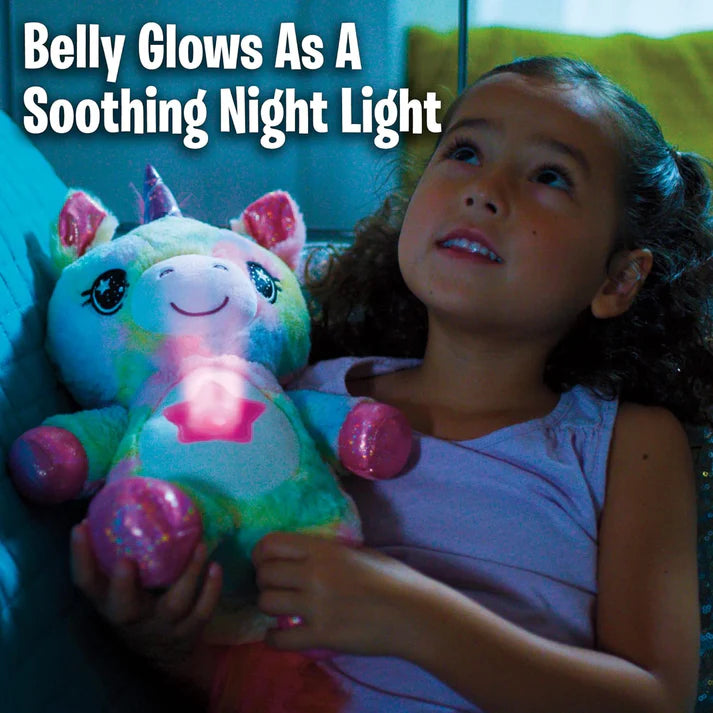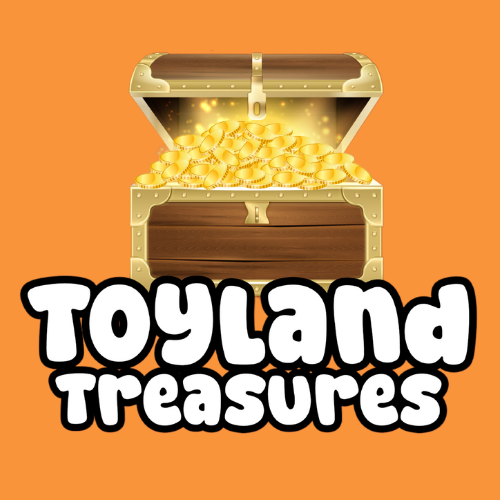How do plush toys help with development?

How Do Plush Toys Help with Development?
Plush toys, often referred to as stuffed animals, have been a staple in children’s lives for generations. Beyond their soft and cuddly appearance, these toys play a significant role in a child's overall development. From physical coordination to emotional stability and even social interaction, plush toys are more than just playthings—they are developmental tools that help shape a child's growth in numerous ways.
1. Physical Development through Sensory Exploration
Plush toys contribute to the development of fine motor skills in young children. Babies and toddlers often start by grabbing, squeezing, and exploring these toys with their hands. This simple interaction helps them refine their grasping abilities and enhances their hand-eye coordination. As children grow, plush toys can also encourage them to engage in activities that promote gross motor skills, such as tossing or carrying their stuffed animals. These physical interactions lay the groundwork for more complex motor tasks as the child continues to develop.
Additionally, the varied textures of plush toys stimulate sensory exploration. Children learn to differentiate between different materials, which enhances their tactile senses. This sensory engagement is crucial for brain development, as it helps young minds process and interpret the world around them.
2. Emotional Development and Comfort
Plush toys often become a child’s first friend, providing comfort in times of need. The soft and familiar presence of a plush toy can soothe a child during stressful situations, offering a sense of security. This emotional bond can also be a stepping stone for children to develop emotional intelligence, as they learn to express their feelings and understand the comfort that comes from these non-judgmental companions.
Furthermore, plush toys can assist children in managing emotions. They serve as outlets for children to project their feelings, whether it’s joy, fear, or sadness. This form of emotional expression is crucial for children as they learn to navigate complex emotions and build resilience.
3. Cognitive Development through Imaginative Play
Plush toys are catalysts for imagination. Children often create stories and scenarios involving their stuffed animals, which stimulates cognitive development. These imaginative play sessions can range from simple role-playing to elaborate narratives, all of which contribute to the development of language skills, problem-solving abilities, and creative thinking.
Through these playful interactions, children also learn to empathize, as they put themselves in the shoes of their plush companions. This empathy is a critical component of social cognition, which helps children understand and relate to others in real-life social situations.
4. Social Development and Interaction
Plush toys are not only individual companions but also serve as tools for social interaction. Children often include their stuffed animals in group play, sharing them with friends and siblings. This sharing fosters cooperation, turn-taking, and communication, all of which are essential social skills. By engaging in group play with plush toys, children practice interacting with others, resolving conflicts, and working together towards common goals.
Additionally, plush toys can be used in pretend play scenarios that mirror real-life social situations. For example, a child might use a stuffed animal to act out a scenario where they comfort a friend or share a toy. These play scenarios help children practice and internalize social norms and behaviors in a safe and controlled environment.
5. Choosing the Right Plush Toy for Development
When selecting plush toys for children, it’s important to consider the developmental stage of the child. For infants, choose toys that are soft, easy to grasp, and safe from choking hazards. As children grow, opt for plush toys that encourage imaginative play and social interaction. Additionally, consider the toy’s material and construction to ensure it is safe, durable, and made from non-toxic materials.
Final Thoughts: The Role of Plush Toys in a Child’s Development
Plush toys are more than just comforting companions; they are essential tools in a child’s development. From aiding in physical coordination to providing emotional support and fostering social skills, these toys play a crucial role in shaping a child’s growth.
At Toyland Treasures, we understand the importance of choosing the right plush toys for your child’s developmental needs. Our curated collection offers a wide range of options that are not only safe and durable but also designed to enhance your child’s growth. Explore our toy store today and find the perfect plush companion to support your child’s development journey. Shop our toys at Toyland Treasures and give your child the gift of growth and imagination.
